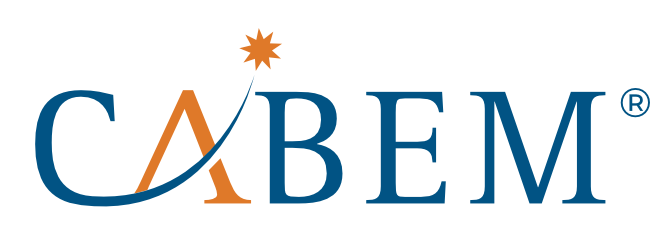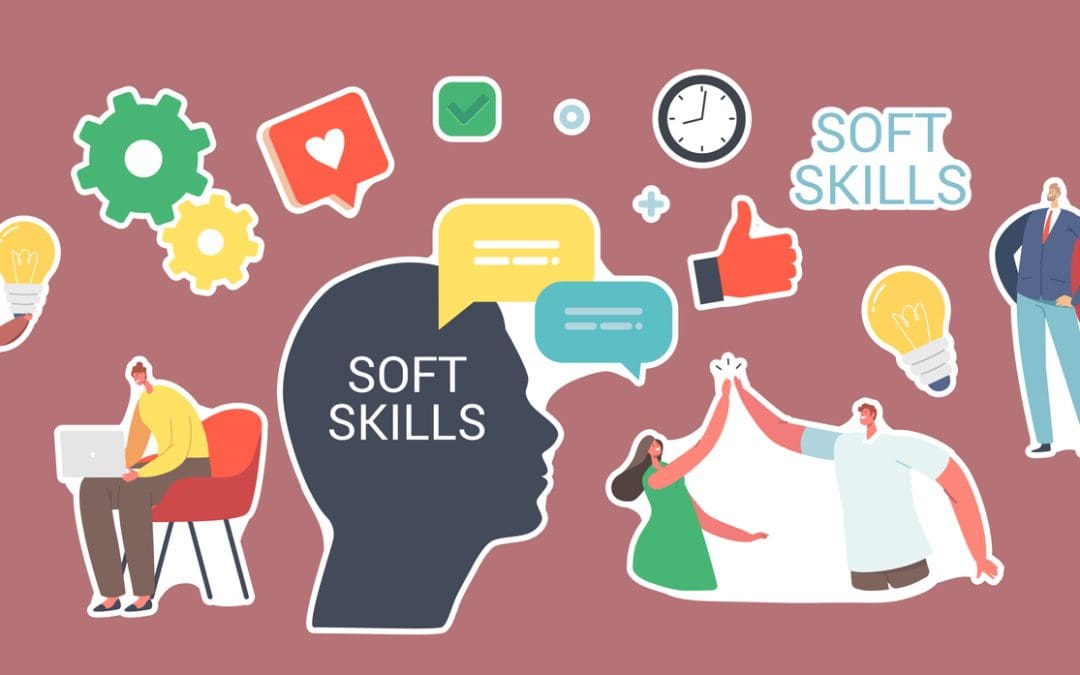What are 7 essential soft skills and how do you hold your team accountable and track competency of these skills?
Soft skills are personal attributes and desirable qualities that are essential for personal and career success. These skills make it easier to form relationships with other people. The success of an organization does not just depend on workers having the core competencies and technical know-how to do their jobs. It also depends on how employees interact with each other and their clients.
Soft skills help employees fully utilize their hard skills. Hard skills are abilities that are directly linked to the job. These skills are quantifiable, testable, and easier to learn compared to soft skills. Hard skills are part of the skill set that is required for a job. These skills are job-specific and are typically listed in job postings and job descriptions. However, soft skills are attributes and personality traits that affect interpersonal interactions.
There are 7 essential soft skills that an organization should be seeking in its employees.
Leadership – This soft skill ranks number one on any list as the most desirable soft skill. Organizations need strong leaders that are able to inspire and motivate other individuals to succeed and work at a high level. A person with leadership skills is inspirational, encouraging, and empathetic to other employees. When an organization has an effective leader, employee turnover is eliminated, productivity shoots up and employees are happy. When problems arise, people look to their leaders to address them.
Characteristics of a leader: authentic, decision-maker, flexible, modest, motivating, support, trustworthy, planner, delegator
Teamwork and Collaboration – For an organization to function effectively, people must work well together to achieve a common goal. The quality of work improves when people use their strengths and skills together collaboratively. It is important for employees to interact respectfully and productively. Tasks must be able to be completed quickly and efficiently. In order for a business to progress and grow, all employees must bond with each other and move as one unit – like a well-oiled machine.
Characteristics of team players: intuitive, perceptive, active listener, empathy, problem solver, interpersonal skills, mediator
Communication Skills – Possessing strong verbal and non-verbal communication skills to effectively speak with team members is crucial. This skill helps you interact effectively with all of the people you encounter. Communication is important in many aspects of a job, whether it be public speaking, communicating ideas to team members, or keeping a positive attitude. Without strong communication skills, many other soft skills would be rendered useless.
Characteristics of an effective communicator: active listener, clarity, patience, constructive, confident, assertive, adaptability
Problem Solving – People that can handle stress, prioritize tasks, and fix problems are extremely valuable to an organization. The ability to understand a situation in-depth and find the underlying issue and then resolve it is an essential soft skill in the workplace. It is inevitable that things will go wrong in a business. Usually, the top performers deal with difficult challenges well because they have strong problem-solving skills.
Characteristics of a problem solver: calm demeanor, analyzing, creativity, decision making, determination, initiative, logical reasoning, perseverance
Emotional Intelligence – This refers to the ability to assess and manage your own emotions while also being aware of the emotions around you. Strong emotional intelligence guides you when making decisions and is especially useful in occupations with tight deadlines and high stress. People with high emotional intelligence make natural leaders. They are able to provide constructive feedback to employees.
Characteristics of emotional intelligence: collaborative, empathetic, good at conflict resolution and building positive work relationships
Time Management – Trying to complete all tasks at once isn’t an efficient way to work and it can lead to feeling disorganized and stressed. It is essential that individuals understand the importance of balancing urgent tasks with longer-term priority tasks. It is crucial not to get behind on any deadlines or timelines. Time management is a way of delegating your time for specific activities. It allows you to manage your workload and time efficiently so you can be as productive as possible. When employees prioritize well, they are less likely to be overwhelmed by deadlines or pressure and are able to achieve a better balance between work and life.
Characteristics of effective time-management: decision making, focus, goal setting, organization, planning, responsibility, resilience, self-awareness
Strong Work Ethic – An employee with a strong work ethic will do their job well, take on additional responsibilities, and encourage others to do the same. They help push the organization forward to grow and improve.
Characteristics of a strong work ethic: accountability, commitment, discipline, honesty, competitiveness, high standards, productivity, reliability, motivation, self-direction
What are the benefits of soft skills training?
There are so many benefits to developing soft skills in an organization. By providing soft skills training, management remains relevant and shows their employees that they care about their future. Soft skills training prepares employees for leadership roles. Soft skills training increases productivity, improves teamwork, and increases workplace communication. It also can improve morale. Companies that provide soft skills training show improved retention rates and lower employee turnover.
A lack of soft skills training in the workplace can limit your potential as a business. It is important to develop strong leadership, teamwork, and communication so projects run smoothly and employees interact positively. Holding people accountable for their work is essential. Empowering team members and encouraging personal and professional growth results in a high-performing organization. Mistakes and failures are acknowledged and embraced in an accountable work culture. This is what contributes to learning and growth.
How can CABEM’s Competency Manager help?
While it can be difficult to measure the success of soft skills, our Competency Manager product offers a variety of features that can help you ensure your employees are making strides toward improved communication, leadership, collaboration, and more. In addition to the traditional training methods of test-taking and watching videos, our product allows you to track and measure mentoring efforts, any off-site workshop attendance, and even manager sign-off of competency. When a leader sees an employee demonstrate the learned skill, through practice scenarios or in daily work, the manager or supervisor can verify and approve the skill.
Our system also accounts for any outside credentials or certifications, whether earned with the current employer or in the past. This can help paint a more complete picture of an employee’s competency to their role and other requirements.
Finally, for those employees who lack the soft skills necessary for more senior roles in your business, you can create a mentorship program. Use soft skills training features to assign a senior employee to a junior worker. The partnership not only helps employees develop these necessary skills, but also allows senior team members to strengthen their leadership, communication abilities, and other soft skills.
A comprehensive competency management platform can help you meet your company’s performance goals, train you in technical and soft skills, and put in measures for continued education.
In today’s competitive marketplace, it should be your goal to offer employees soft-skills training. If you’d like to learn more about our competency management software, request an introductory call.

